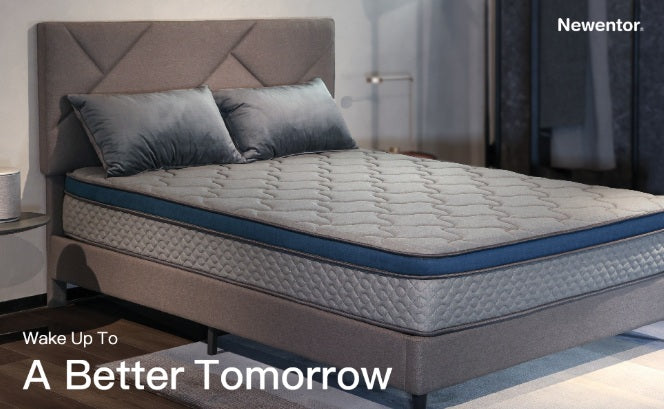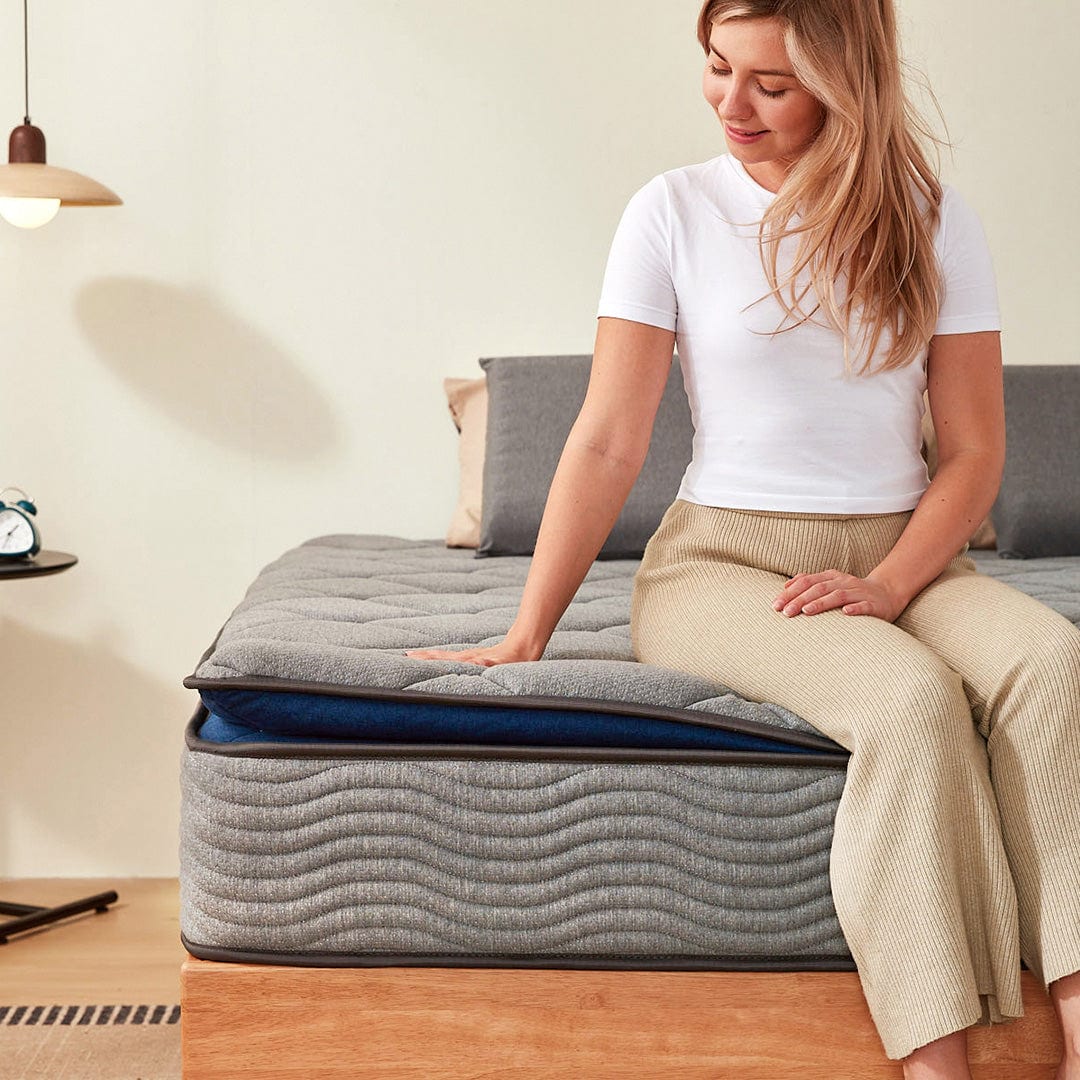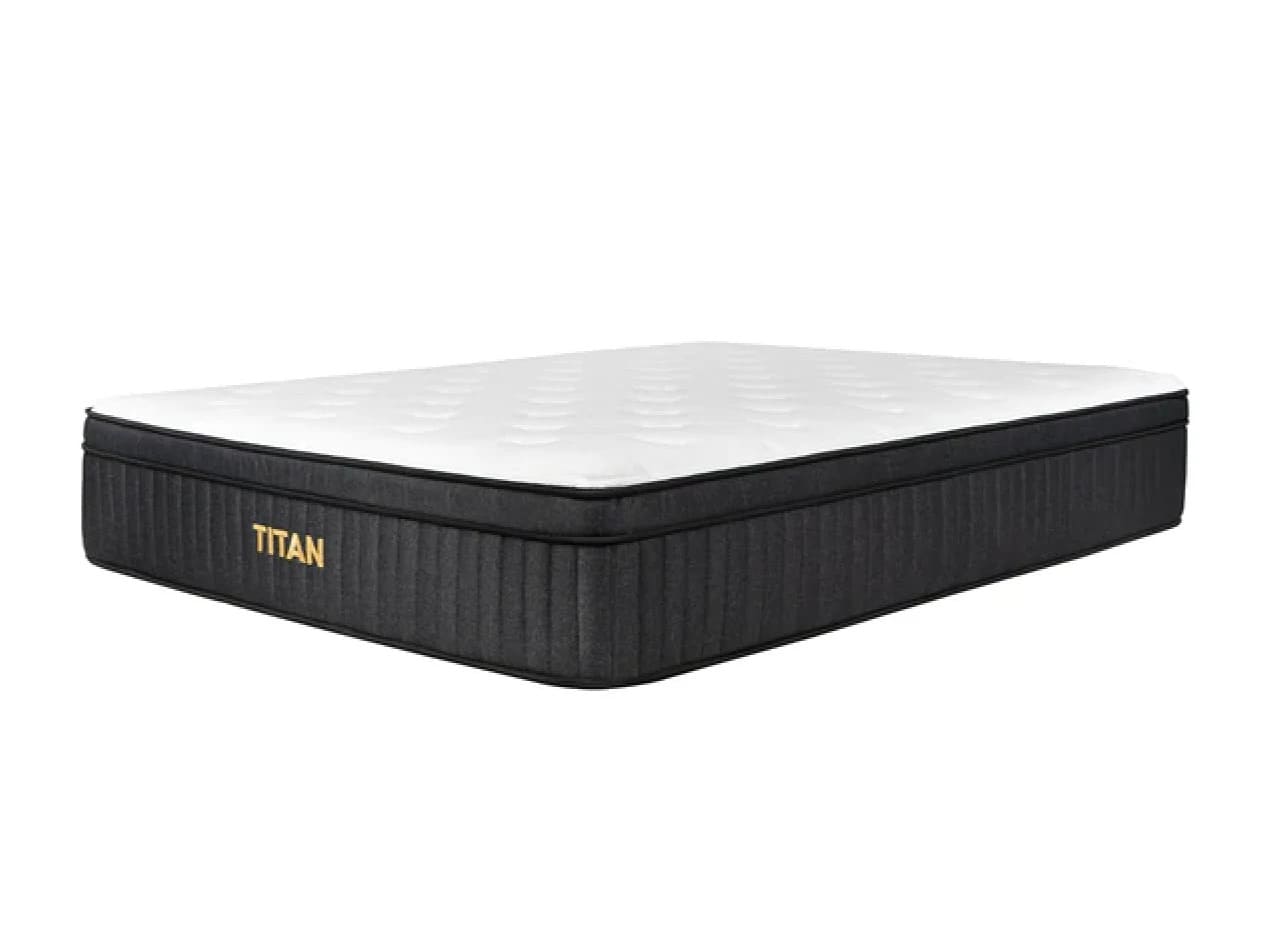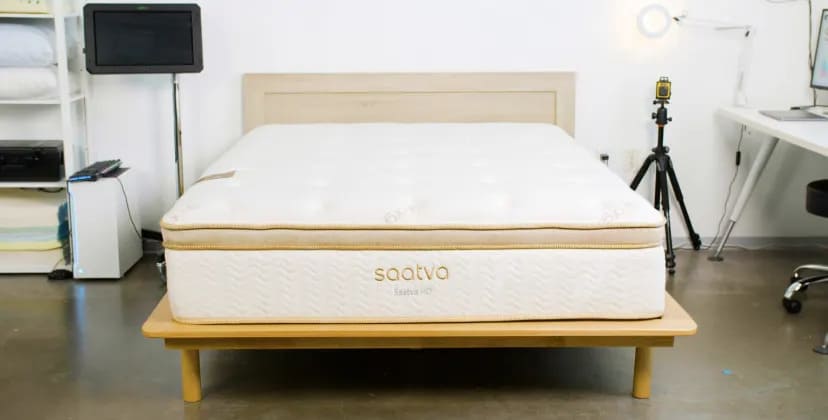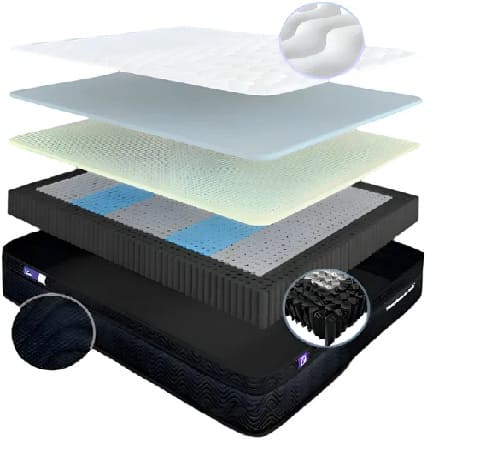When shopping for the best mattress for heavy person Australia, several factors are crucial to ensure proper support, comfort, and durability. Here’s what to consider:
1. Durability and Materials:
- Latex: This material is overwhelmingly recommended for its exceptional durability and resilience. All-latex mattresses, particularly those made with Dunlop latex (which is denser than Talalay), are praised for their longevity and ability to withstand significant weight without breaking down quickly. It offers a bouncy, supportive feel similar to coils but with superior durability compared to many foams.
- Heavy-Duty Coils/Innerspring Systems: For those who prefer the feel of a coil mattress, look for "heavy-duty" or "reinforced" coil systems. Pocket springs are mentioned for their traditional durability. Integrated coil edge support is also crucial for preventing breakdown where people sit.
- Avoid: Gel memory foam, Tempur-Pedic, and coil hybrids with cheap poly/plant/petroleum-based foam layers are generally advised against, as they tend to break down much faster under heavier loads.
2. Edge Support:
This is a critical factor. When heavier people sit on the side of the bed to get in or out, or even to read, a mattress with poor edge support will quickly sag and wear out. Look for mattresses specifically advertised with reinforced edges or a robust perimeter support system. Hybrid mattresses with stronger edge coils are often cited as good for this.





















